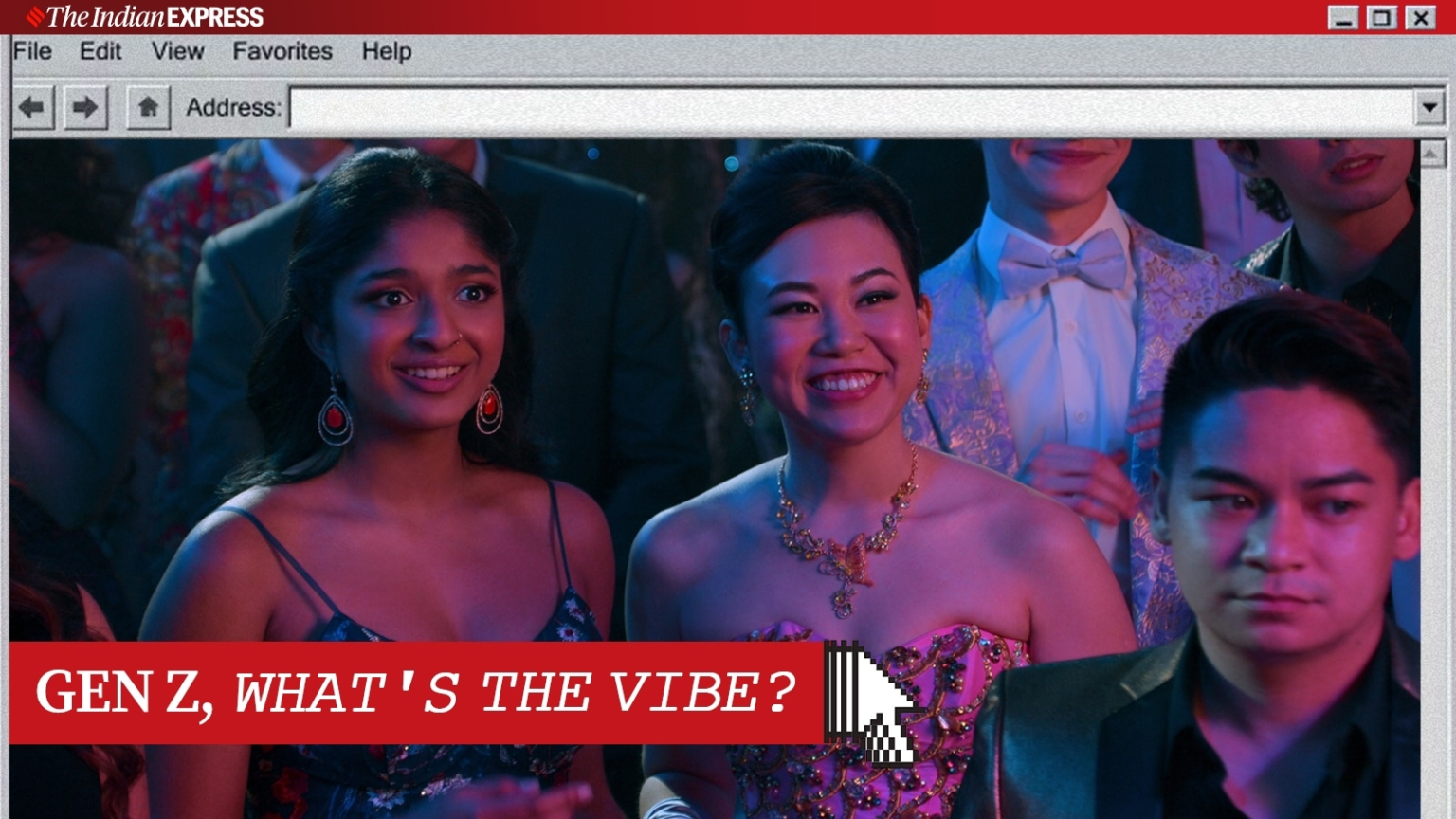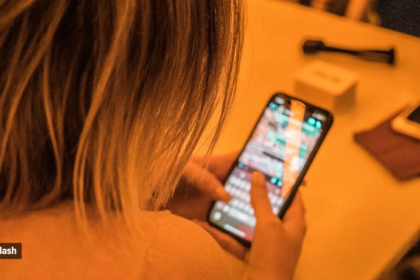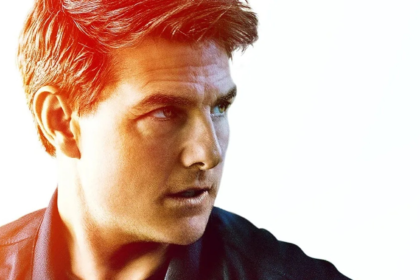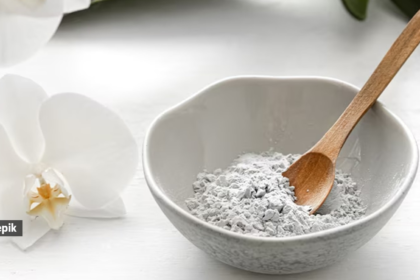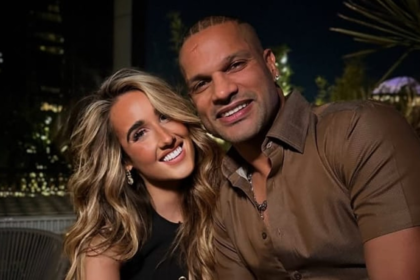If you still think being the life of parties requires a drink in hand, Gen Z has entered the chat—and they’re proving otherwise. More and more young adults are choosing to skip the booze, not because of strict rules or financial struggles, but simply because “they don’t feel like it”.
Unlike previous generations, for whom drinking has been a rite of passage, Gen Z is not just rejecting alcohol; they’re also rewriting social norms. Having said that, sobriety is not about making a bold statement for many of them, but rather just another lifestyle choice.
The soberest generation? The numbers say so
Data backs up this shift. The Conversation has even called Gen Z “the soberest generation.” In 2023, only 18-20 per cent of Americans under 28 said they regularly drank alcohol, according to Statista.
A 2024 UK study found that consumers aged 20 to 24 are nearly half as likely to prioritise spending on alcoholic beverages compared to previous generations.
So, why are they ditching alcohol? Is it about wellness, rebellion, or simply shifting priorities? We spoke to young Indians to understand if they too are following their Western counterparts—and what this means for the future of drinking culture.
“Meh, I just don’t feel like drinking”
For Ayushi, 26, drinking was never a big part of her life, and now it’s barely there. “It doesn’t taste good, and it doesn’t make my body feel good,” she said.
No dramatic reason. No tragic incident. No doctor’s orders. Just zero interest in drinking.
Story continues below this ad
For Tanveer, 23, and Sanchita, 19, it’s a similar story. They do drink once in a while, but the idea that alcohol is essential for fun? Hard pass.
Mahima, 22, said, “I can be free, fun, and the life of the party—all while being sober.” A teetotaller for spiritual reasons, she never felt the need for alcohol to enjoy herself.
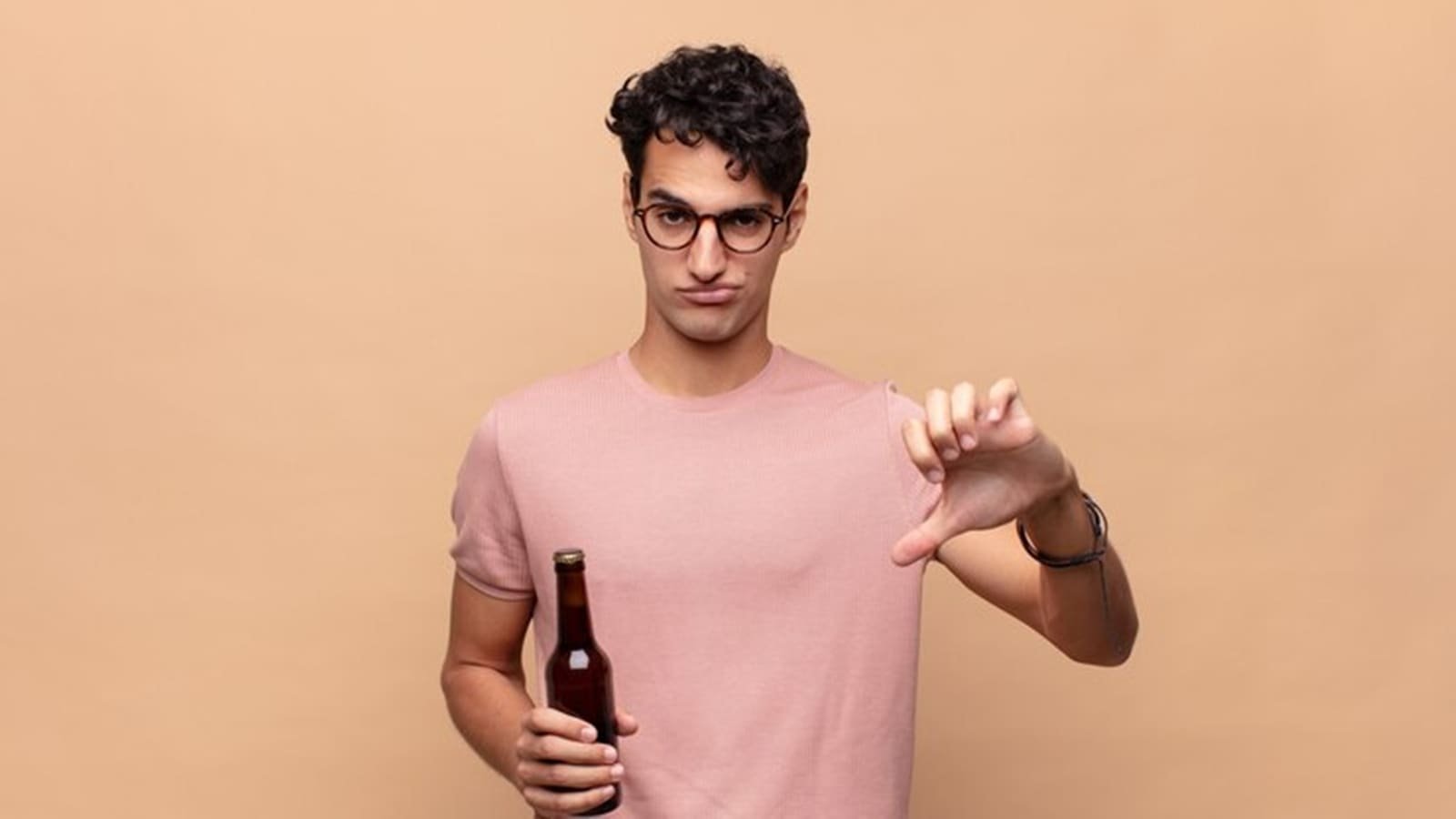 For Ayushi, 26, drinking was never a big part of her life, and now it’s barely there. “It doesn’t taste good, and it doesn’t make my body feel good,” she said (Source: Freepik)
For Ayushi, 26, drinking was never a big part of her life, and now it’s barely there. “It doesn’t taste good, and it doesn’t make my body feel good,” she said (Source: Freepik)
“I’d rather spend my money on things that matter”
When one night out costs as much as a short trip, many young people are choosing experiences over drinks.
For Namitha (27), alcohol is just another unnecessary expense. “Expensive cocktails? No thanks. I’d rather spend that money on travel or trying new cuisines,” she said.
Story continues below this ad
Sanchita, who drinks occasionally, noted cost as a big factor:”Drinking every weekend adds up, and it’s just not worth it for something I don’t even enjoy that much.”
Sabhyata Goswami, clinical psychologist from Lissun, a mental health startup, pointed out the shifting family dynamics as reasons too:
- Children from non-drinking households are less likely to consume alcohol.
- New-age parents are more mindful of substance risks and raise children with greater caution.
- The “alcohol = maturity” stereotype is fading, making drinking less desirable to younger generations.
“Health first, always”
It’s not news that alcohol, in any quantity, is bad for health. For Priyanshu, 23, fitness is a big reason to stay mostly sober. “I want to stay physically and mentally healthy. Alcohol doesn’t fit into that,” he said.
Story continues below this ad
Lujain, 22, avoids drinking due to her family’s history of diabetes and heart issues. Add PCOS to the mix; alcohol becomes a no-go for her.
Gen Z’s awareness of mental health is also shaping their drinking habits, according to Goswami. “Many young people are choosing therapy over alcohol to cope with stress. Unlike previous generations, Gen Z is open about anxiety and depression, reducing the likelihood of using alcohol as self-medication. However, some turn to other substances like vapes or designer drugs instead,” she said.
The social side: “You don’t need to be drunk to be fun”
Of course, not drinking still comes with its fair share of “Arrey yaar, ek drink le lo (Come on, have one drink)” moments. For Priyanshu, peer pressure was real at first: “I felt awkward when my friends said, ‘Come on, just one drink!’ Some even distanced themselves because I didn’t drink.”
Mahima dealt with the classic “Ek drink se kuch nahi hota (Nothing happens because of just one drink)” arguments. But over time, people accepted her choice.
Story continues below this ad
Ayushi put it bluntly: “People who pressure you to drink aren’t really your friends. I just excuse myself until they get the point.”
The sociological perspective: A cultural shift in India
According to Pranay Aggarwal, sociologist and director at IAS Gurukul, Gen Z’s rejection of alcohol is a noticeable trend in India. He attributes it to:
- Greater awareness of fitness, mental health, and overall well-being.
- Traditional Indian family values, which still emphasise sobriety.
- Hindu revivalism, particularly among upper-caste Gen Z individuals.
- Global patterns, where young adults in Western societies are also shunning alcohol.
“Unlike Millennials, who embraced party culture, Gen Z is more interested in self-care and alternative socialising options like gaming parlours, cafés, and outdoor activities,” said Aggarwal.
Platforms like Instagram and TikTok promote wellness, mindfulness, and sober curiosity, according to Aggarwal. But, he also noted that online trends can reinforce drinking culture, keeping peer pressure alive in different ways.
Story continues below this ad
The corporate drinking culture: “Why is not drinking so shocking?”
Drinking is, somehow, deeply ingrained in corporate culture. Team outings, client meetings, weekend parties—alcohol is everywhere.
For Namitha, resistance came mostly from colleagues over 40. “They say things like ‘This is the age to drink and enjoy life!’ Some even joke, ‘Yeh kaise logon ko hire kiya hai (What kind of people have they hired)?’”
Ayushi agreed that corporate culture encourages drinking, but she never felt the need to fit in.
Tanveer avoids drinking at corporate events altogether. Lujain dodges the pressure with excuses that range from,“I have an allergy” to “Dharma bhrasht ho jaayega (My faith will be corrupted).”
Story continues below this ad
Gen Z is sober, fun, and thriving
Gen Z has effectively dismantled the “drinking = fun” equation, embracing sober socialising. Unlike Millennials, who normalised partying and social drinking, Gen Z prioritises personal well-being.
Whether it’s for health, money, personal values, or just pure disinterest, this generation is stepping away from drinking culture—and they don’t care if you have a problem with it.
According to Aggarwal, previous generations saw wellness as an afterthought—Gen Z has made it mainstream. “Their lifestyle choices are accelerating the normalisation of sobriety in a way society wasn’t expecting,” he said.
So, the next time someone raises an eyebrow when you say “I don’t drink,” just do what Mahima does: “Smile, sip your soft drink, and have the time of your life—hangover-free.”





